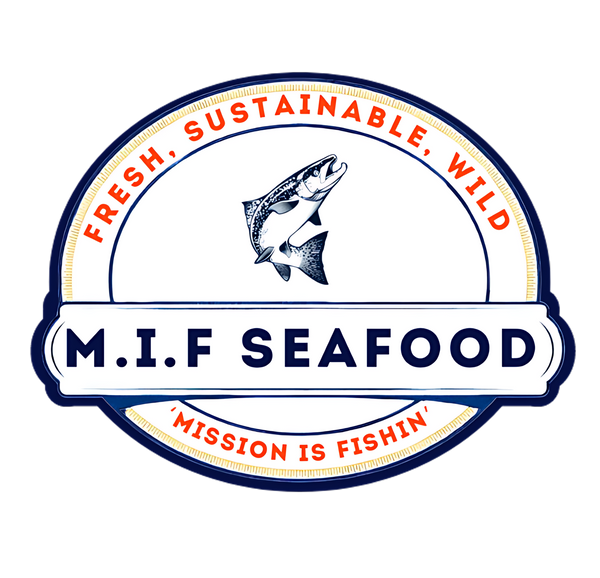As global awareness of environmental issues grows, more individuals are looking to make responsible choices to benefit their health as well as the planet. Seafood is no exception. Sustainable seafood ensures that marine environments remain healthy and productive, supporting both biodiversity and the communities that depend on them. This guide will help you understand what sustainable seafood is, why it’s important, and how to make more informed choices.
What is Sustainable Seafood?
Sustainable seafood comes from sources that can maintain or increase production without jeopardizing the health of the marine ecosystem. This includes fish and shellfish caught in ways that ensure long-term sustainability of the species and the well-being of the surrounding environment.
Key Principles of Sustainable Seafood
- Environmental Responsibility: Sustainable fishing practices minimize impact on the marine environment, including bycatch (unintended catch of non-target species) and habitat destruction.
- Economic and Social Responsibility: Sustainable seafood practices support the livelihoods of local fishing communities and ensure fair working conditions.
- Traceability and Transparency: Being able to trace seafood from the ocean to your plate ensures that it is sustainably sourced and helps combat illegal, unreported, and unregulated fishing.
Why Sustainable Seafood is Important
- Preserving Marine Ecosystems: Overfishing and destructive fishing practices can lead to the depletion of fish stocks and damage to marine habitats. Sustainable fishing ensures that fish populations remain at healthy levels and that the habitats supporting them are protected.
- Supporting Biodiversity: Healthy marine ecosystems are rich in biodiversity, which is crucial for resilience against environmental changes and maintaining the balance of marine life. Sustainable seafood practices help preserve this biodiversity.
- Protecting Food Security: Millions of people around the world rely on seafood as a primary source of protein. Sustainable seafood practices help ensure that future generations will continue to have access to this important food source.
How to Choose Sustainable Seafood
Making informed choices about the seafood you buy is essential for supporting sustainable practices. Here are some tips to help you make better decisions:
- Use Seafood Guides: Seafood guides from organizations like the Monterey Bay Aquarium’s Seafood Watch provide up-to-date recommendations on which seafood choices are sustainable. These guides categorize seafood into “Best Choices,” “Good Alternatives,” and “Avoid” lists based on their environmental impact.
- Ask Questions: When buying seafood, don’t hesitate to ask questions about its origin. Inquire about where and how it was caught, and whether it is certified by a reputable organization.
- Avoid Overfished Species: Be aware of species that are overfished or caught using harmful methods. For example, avoid Atlantic bluefin tuna, which is overfished and often caught using destructive methods.
Sustainable Seafood at Home
Incorporating sustainable seafood into your home cooking can be both delicious and rewarding. Here are some tips for getting started:
- Experiment with Recipes: Try new recipes that feature sustainable seafood. There are plenty of resources online with creative and tasty dishes
- Buy in Bulk and Freeze: If you find sustainably sourced seafood, buy in bulk, and freeze what you don’t use immediately. This can reduce waste and ensure you have a steady supply of sustainable seafood.
- Support Sustainable Brands: Look for brands and retailers committed to sustainability. Companies like M.I.F Seafood specialize in providing high-quality, sustainably sourced seafood.
Conclusion
Choosing sustainable seafood is a powerful way to contribute to the health of our oceans and the well-being of communities that depend on them. By understanding the principles of sustainability, seeking out certified products, using seafood guides, and asking the right questions, you can make informed decisions that support a healthier planet.
Incorporate sustainable seafood into your diet not just for its health benefits, but for the positive impact it has on the environment and future generations. Every purchase counts, and together, we can make a significant difference in preserving our precious marine ecosystems. Enjoy the rich flavors of the ocean, knowing that you’re making a responsible choice that supports sustainability.

